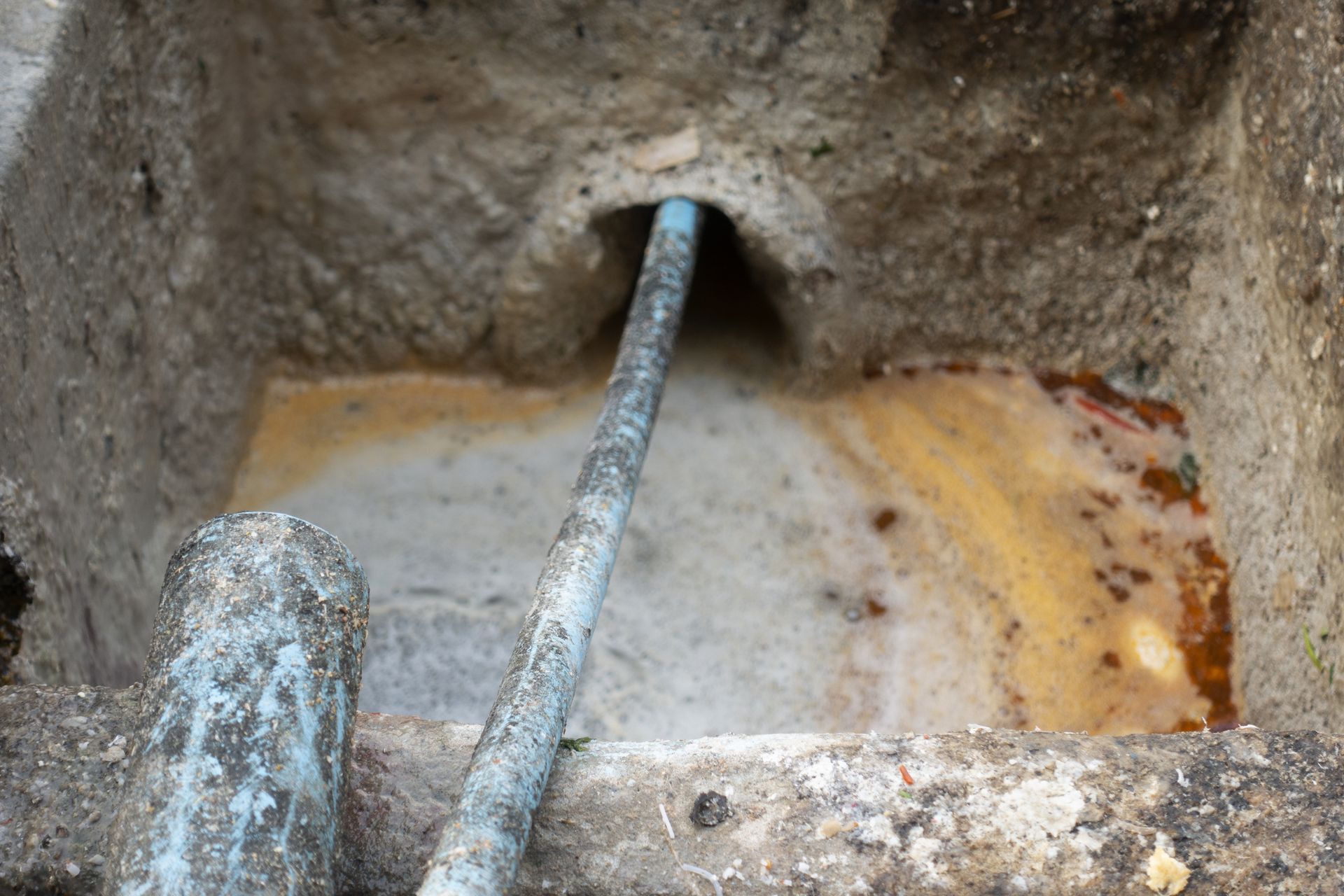Call Today for a FREE Quote
(404) 419-6887
What Is a Consent Decree and Why Do They Matter for Atlanta Sewers?

A consent decree is drafted by a judge or regulatory body to resolve some kind of dispute. Consent decrees show up in a lot of facets of the U.S. legal system. In a criminal case or a civil case, a consent decree can be used to solve a dispute between two parties where the defendant takes responsibility by assenting to some kind of settlement or terms (like restitution). It’s essentially a face-saving measure where the defendant doesn’t explicitly admit to wrongdoing in the traditional sense but does agree to enact corrective action.
Various federal and state regulatory bodies often draft consent decrees to municipalities or companies that have infrastructure or environmental problems that have harmed the public or consumers. Agreeing to a decree is a way for a city to avoid having to face harsher penalties while still pledging to fix whatever problem exists on an agreed upon timetable.
As we explained in our last blog on the topic, Atlanta has had more than its fair share of issues with sewage. Examples included things like sewage overflows, wastewater spilling into the Chattahoochee River and inadequate capacity and infrastructure to deal with a growing metropolitan area.
These shortfalls initially led to the Clean Water Atlanta consent decree of 1998 (and the creation of Clean Water Atlanta initiative). That consent decree was specifically issued to deal with the untreated wastewater discharge in the Chattahoochee and South Rivers. The consent decree has been updated since then to deal with more violations – often putting the city of Atlanta on a timetable to achieve compliance.
Running a city the size of Atlanta with limited resources isn’t easy – but that’s not an excuse for dangerous sanitary conditions or unsafe drinking water. The consent decree has led to a host of sewer and water upgrades in the city, many of which are completed or nearing completion.
Niles Avenue Sewer Improvements
Industrial facilities generate waste. Restaurant owners know better than just about anyone else how harmful waste bioproducts can be for sewer systems. This is essentially the situation caused by a concrete recycling facility near Marietta Boulevard NW and Niles Avenue NW. Instead of causing sewer overflows with FOG, the facility causes them with concrete and other debris. The Niles Avenue project is specifically supposed to redirect flow into a sewer trunk line with about a 20 percent greater diameter than the current one to reduce overflow risk.
Atlanta Memorial Park
Industrial runoff and FOG are not the only potential issues Atlanta’s sewer system contends with – there’s also nature. Wet weather overflow (i.e., lots of rain that leads to flooding) has been an issue for many parts of the metro Atlanta area, including near Memorial Park and at Peachtree Creek.
The Atlanta sewer system features 10 sewer basins, one of which is the Peachtree Creek Basin. There is some FOG crossover with this project, as one of the issues exacerbating sewer overflows in the Memorial Park area is partial blockages caused by grease (plus grit and other debris).
The solution the Atlanta Department of Wastewater Management is currently pursuing is increased frequency of sewer inspections along the problematic trunks as well as the installation of cameras for remote visual monitoring.
Sewer Capacity Relief Projects
The diameter of sewer pipes is unsurprisingly an important component in sewer capacity. One of the many problems Atlanta sewers had during the latter half of the 20th century was inadequate capacity, which is being addressed by many Capacity Relief Projects around the metro area. The upgraded sewers are a minimum of 36 inches in diameter (with many being larger).
The planned Sewer Relief Project has been implemented for the past several years and is in the home stretch with more than 35 of the planned 44 capacity projects completed. Currently active Capacity Relief projects include the Proctor Creek Sewer Basin and the Peachtree Creek Sewer Basin.
Small Diameter Rehabilitation Projects
The sewer system in a large city like Atlanta is complex, and many sewer applications (like sewer lines for homes) don’t require large 36-inch sewer pipes. Small diameter sewer pipes, generally categorized as pipes between 8 inches and 24 inches, are even more numerous and just as likely to experience potential blockages and overflows.
The small diameter projects are similar to the sewer capacity relief projects. So far, 27 of the currently planned 30 small diameter sewer pipe rehabilitation projects have been completed. The last three currently listed projects are active.
Be Part of Atlanta’s Sewer Health Improvements with Southern Green Industries
The health and sustainability of Atlanta sewers is fundamentally important to our team at Southern Green Industries. Doing our job right helps ensure the FOG produced in local restaurants, cafeterias and food service manufacturing facilities never makes it to our sewer system.
Working with an experienced grease trap cleaning and maintenance company is one of the best ways to keep the sewer near your business in good working order. Call us at (404) 419-6887 to schedule one-off or regular service.
Recent Blog Posts
Contact us Today for a FREE Quote
We are committed to making grease trap cleaning and fryer oil recycling as clean and easy as possible. If you’d like to learn more about our services or get a quote, give us a call at (404) 419-6887.
Southern Green Industries is an Atlanta owned and operated grease trap cleaning and fryer oil recycling company operating in Atlanta and throughout the entire state of Georgia.
All Rights Reserved | Southern Green Industries | Built by REV77


